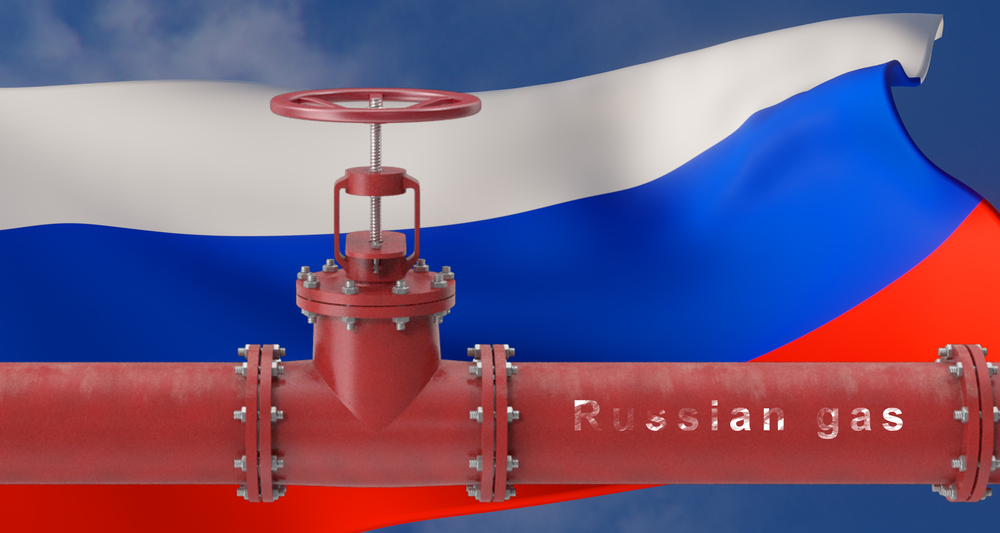Russian gas supplies through Ukraine to Europe face sudden halt – Unexpected opportunity for Hungary?

The halt of Russian gas supplies through Ukraine has shaken Europe’s energy landscape, but Hungary’s strategic investments in the Turkish Stream pipeline and interconnectors have positioned it as a key transit hub. With its gas system tripling in value, Hungary could capitalise on this shift if it improves its regulatory environment.
Russian gas supplies face sudden halt
Index reports that Russian gas supplies from Ukraine to Europe have come to a sudden halt, dramatically shaking up the region’s energy dynamics. Hungary, in particular, has seen the value of its gas system triple almost overnight, according to a market insider. This shift follows Gazprom’s announcement on 1 January that it can no longer transport gas through Ukraine due to legal and technical constraints, forcing the pipeline to shut down.

Ukraine has said it’s willing to reopen the route, but only if the gas isn’t Russian and payments are postponed until the war ends. Meanwhile, Hungary still gets Russian gas through the Turkish Stream pipeline. The disruption has also uncovered long-hidden financial details, with Ukraine losing USD 800 million (EUR 774 million) a year and Russia taking a massive USD 6 billion (approximately EUR 5.8 billion) hit. Amid this geopolitical turmoil, Hungary finds itself in a position to make the most of this unexpected opportunity.
Tension is rising in Slovakia too
The halt in Russian gas supplies through Ukraine has caused economic turmoil across Europe, with Slovakia losing an estimated USD 600 million (EUR 580 million) annually in transit fees and tensions rising over Slovak Prime Minister Robert Fico’s visit to Moscow, which angered Ukrainian nationalists. While Austria and Slovakia feel the brunt of the contract’s termination, Hungary has shifted to the Turkish Stream pipeline. The EU, once supportive of previous agreements, is now hesitant to back extensions, leaving Europe to consider three options: replacing Russian gas with LNG, sourcing Azeri gas via Ukraine, or negotiating a new agreement between the EU, Ukraine, and Russia.
Hungary still relies on Russian gas
The disruption of Russian gas supplies has escalated risks, with Ukraine seizing the Suzda metering station and concerns that pipelines could become military targets. Despite this, Hungary remains reliant on Russian gas, securing 6.7 billion cubic metres this year through a long-term contract signed in 2021. At the St Petersburg Gas Forum, Foreign Minister Péter Szijjártó emphasised the physical necessity of energy supply over ideology and reiterated Hungary’s commitment to diversifying routes while ensuring competitive pricing.

Hungary’s unexpected opportunity
Hungary’s strategic role in the transport of Russian gas to Europe has grown significantly following the phasing out of Nord Stream pipelines and the shutdown of the Russian-Ukrainian-Slovak transit. The Turkish Stream pipeline, entering the EU via Hungary’s Serbian border, remains the sole route for Russian gas to Europe. Recent investments in interconnectors, including a Hungarian-Slovenian agreement in 2023, have further enhanced Hungary’s gas infrastructure, tripling its value. Market experts suggest Hungary could become a major gas trading hub if it improves regulatory predictability and reduces trader-deterring fees like the surveillance charge of the MEKH (Hungarian Energy & Utilities Regulatory Agency). With its strengthened position, Hungary has the potential to become a regional leader in the gas market.
Read also:
- Breaking the myth: Russian gas costs Hungary more than alternatives
- Russian gas supplies to Austria disrupted: Will this threaten Hungary’s gas supply?
Featured image: depositphotos.com







